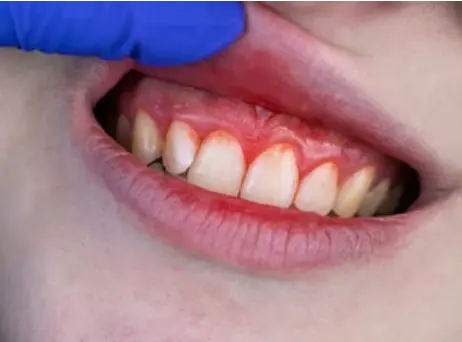 Welcome
Welcome
“May all be happy, may all be healed, may all be at peace and may no one ever suffer."
Loading...
Improving recovery after stroke Generics
Improving recovery after stroke - Generics
Stroke is a serious medical condition that occurs when blood flow to the brain is disrupted, causing brain cells to die. Recovery from stroke can be a long and challenging process, but there are several strategies that can help improve recovery and quality of life.
- Early intervention: Seeking medical attention as soon as possible after stroke is critical. The earlier treatment can be initiated, the better the chances of recovery. Early intervention can include medications to dissolve blood clots or surgery to remove blockages.
- Rehabilitation: Stroke survivors often require rehabilitation to regain lost function and improve mobility. Rehabilitation can include physical therapy, occupational therapy, and speech therapy.
- Medication management: Stroke survivors may need to take medications to manage risk factors for stroke such as high blood pressure, high cholesterol, and diabetes.
- Healthy lifestyle habits: Making lifestyle changes such as maintaining a healthy diet, exercising regularly, quitting smoking, and limiting alcohol consumption can help reduce the risk of future strokes and improve overall health.
- Support networks: Having a strong support system can be critical to recovery after stroke. This may include family members, friends, support groups, or counseling services.
- Assistive technology: There are a variety of assistive technologies available to help stroke survivors with daily tasks and mobility. These can include mobility aids such as walkers or wheelchairs, as well as communication devices for individuals with speech impairments.
- Psychological support: Stroke survivors may experience depression, anxiety, or other psychological symptoms. Seeking counseling or therapy can help address these issues and improve overall well-being.
Overall, the key to improving recovery after stroke is to seek medical attention as soon as possible, follow a comprehensive treatment plan, and make lifestyle changes that support overall health and well-being.

Attention deficit hyperac...
Nerve disease

Radiographic contrast med...
N/A

Discomfort of the eye
Eye disease

Cushings disease
Hormone

Scurvy
Scurvy

Heparin overdosage
Overdoses

Iron supplement
Electrolytes

Cough and common cold
Germs disease
Searching Keywords Idea
Improving recovery after stroke, স্ট্রোক পরে পুনরুদ্ধার উন্নতি
Bangladesh is Number One in Digital Medical Management.
To be happy, beautiful, healthy, wealthy, hale and long-lived stay with DM3S.
To be happy, beautiful, healthy, wealthy, hale and long-lived stay with DM3S.